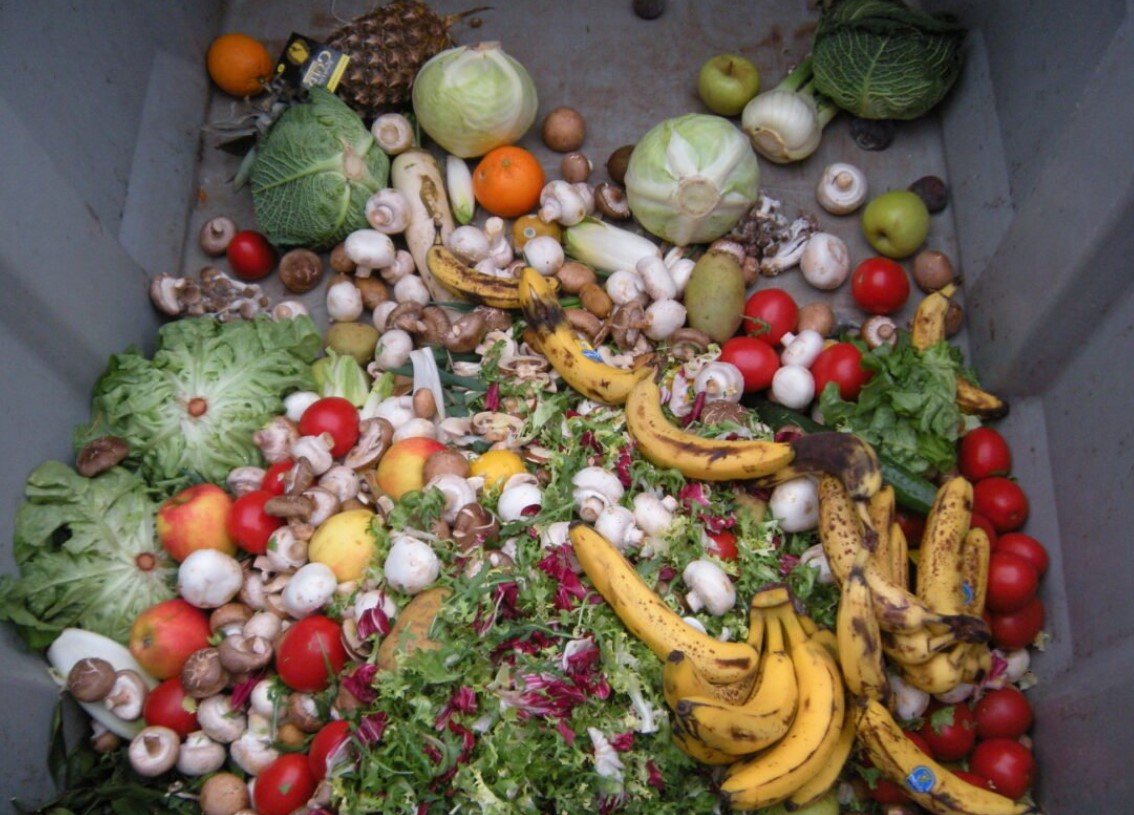In a groundbreaking development, the Commonwealth Scientific and Industrial Research Organisation (CSIRO) has validated the innovative technology developed by Food Recycle, an Australian start-up. This technology aims to convert commercial food waste into high-quality animal feed, significantly contributing to sustainability and waste reduction efforts. The trials conducted by CSIRO have demonstrated the feasibility and effectiveness of this technology, paving the way for its broader adoption in the aquaculture and poultry industries.
Transforming Food Waste into Sustainable Feed
Food Recycle, founded in 2016, has been at the forefront of creating sustainable solutions for food waste. Their unique process involves recycling commercial food waste into poultry feed, which has been successfully produced at their large-scale facility since 2019. The collaboration with CSIRO Kick-Start aimed to expand this offering into the aquaculture sector, specifically targeting farmed barramundi and prawns. The trials conducted at CSIRO’s aquaculture research facility in Queensland assessed the nutritional digestibility and quality of the feed, confirming its viability for commercial use.

The results of these trials were promising. They not only validated the use of food waste in producing high-quality aquaculture feed but also identified specific food waste streams suitable for this purpose. This breakthrough has significant implications for the sustainability of aquaculture production, as it provides a viable solution to divert food waste from landfills and back into the food production cycle.
Food Recycle’s technology has the potential to revolutionize the way we handle food waste. By converting waste into valuable animal feed, it addresses both environmental and economic challenges. The success of these trials has empowered Food Recycle to license their technology to other companies, expanding its impact globally.
Expanding the Circular Economy
The concept of a circular economy is central to Food Recycle’s mission. By turning food waste into animal feed, they are creating a closed-loop system that minimizes waste and maximizes resource efficiency. This approach not only reduces the environmental impact of food waste but also contributes to food security by providing a sustainable source of animal feed.
The collaboration with CSIRO has been instrumental in validating and refining this technology. The trials conducted with layer hens, prawns, and barramundi have shown favorable results, demonstrating the technical viability of using food waste as feed. This evidence-based research is crucial for gaining industry acceptance and scaling up the technology.
Food Recycle’s efforts are not limited to Australia. They are in discussions with more than 20 countries for the adoption of their technology. The potential impact is enormous, with the ability to prevent millions of tonnes of food waste from ending up in landfills each year. This initiative aligns with global sustainability goals and represents a significant step towards a more sustainable future.
Future Prospects and Global Impact
The success of Food Recycle’s technology has opened up new possibilities for the future. With the validation from CSIRO, they are now poised to expand their operations and reach new markets. The demand for sustainable animal feed is growing, and Food Recycle’s innovative approach positions them as a leader in this field.
The potential benefits of this technology extend beyond environmental sustainability. By creating a new value-added product from food waste, Food Recycle is also contributing to economic growth and job creation. The establishment of food waste-to-animal feed production facilities across Australia and New Zealand is expected to generate significant economic value and support local communities.
Looking ahead, Food Recycle aims to continue their research and development efforts to further improve the efficiency and effectiveness of their technology. They are committed to driving innovation in the field of food waste recycling and making a positive impact on the environment and society.




































